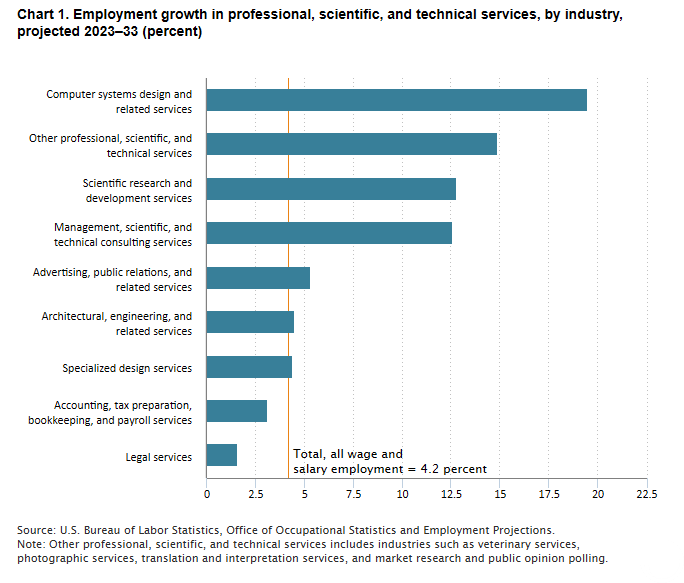The Personal Property Lease Protection Tax, or “Cloud Tax” as it is more commonly known, was implemented this year. However, if you’ll forgive the pun, a “cloud” of confusion still surrounds it.
Let’s Break it Down, Shall We?
As stated by the City of Chicago, “the Personal Property Lease Transaction Tax applies to businesses or individuals that either are a lessor or lessee of personal property used in Chicago. The tax base as of 1/1/2016: 5.25 percent of charges for the non-possessory lease of a computer to input, modify or retrieve data supplied by the customer.”
If software is leased and is being used in Chicago, then it is subject to the 5.25 percent tax. This means that companies using leased software, or companies offering leased software, are required to either pay or charge the tax, respectively.
Does My Company Have to Pay or Charge This Tax?
The biggest risk for companies to be aware of is whether they should, in fact, be charging the tax. If your company should have been charging this tax to its customers, but doesn’t, then the liability still rests on you to submit the tax to the City. This could mean your company has to pay the tax out of pocket if you did not realize it should have been collecting it all along.
This tax is only relevant if both the company and its customer are located in Chicago.
Most Subscription-as-a-Service (SaaS) companies are licensing their software, which qualifies as leasing in this case, so they should be collecting this tax. Crain’s Chicago Business gives a concise idea of some of the companies that want to pay special attention:
“The law applied to businesses accessing software and data ‘in the cloud’ on servers provided by companies such as Amazon Web Services, Microsoft and Sales-force.com. Chicago tech companies that provide cloud-based software and services also must collect the tax from customers.”— John Pletz, Crain’s Chicago Business
It is important to note that there are a number of companies that fall under exemptions for both paying and/or charging the Cloud Tax.
If your company falls under one of the following categories, then it would be exempt from paying the Cloud Tax:
- Government bodies;
- Charitable, educational and religious organizations; and
- Insurance companies.
There are a number of exemptions to be aware of in terms of charging the Cloud Tax, the predominant one being if the property is leased outside the City of Chicago. In addition, after cutting the tax to 5.25 percent, the City created an exemption for start-ups less than five years old and with less than $25 million in revenue. A complete list of exemptions can be found here on the City of Chicago website. If you qualify for any of the exemptions, you can fill out this form to apply for exemption from the tax.
How to Register
If you do have to charge/pay the Cloud Tax here are some important steps to take:
- Fill out this affidavit and have it notarized.
- Fill out this registration form.
- Submit both to the City of Chicago.
- Once the forms have been accepted, they will create an online account for you to sign on to pay the tax.
For more information, contact Chris Arndt at [email protected] or call him at 312.494.7014. Visit ORBA.com to learn more about our Cloud CFO Services.

